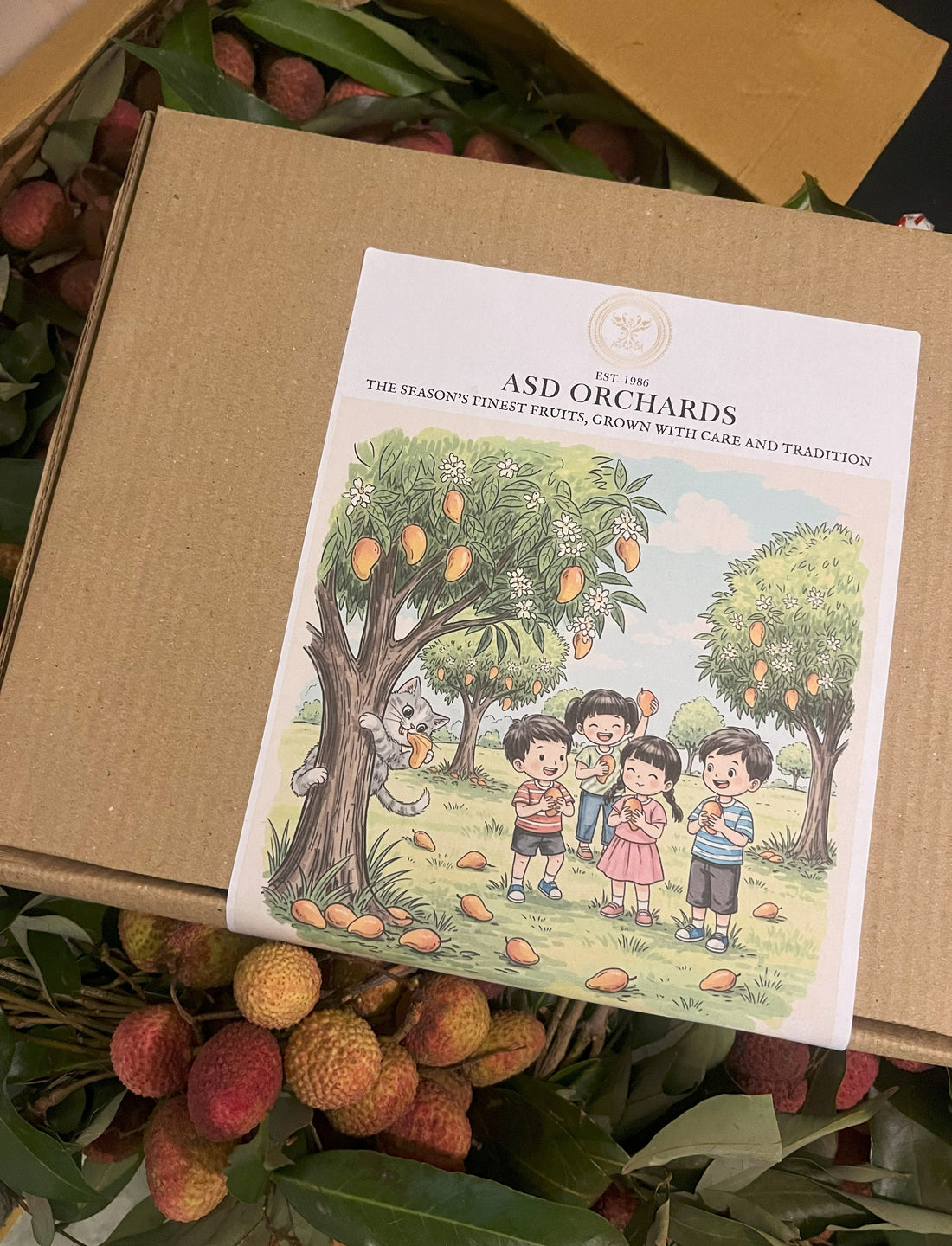
Lychees: A Royal Fruit with a Rich Legacy
🌿 Origins and History
Lychee (Litchi chinensis) is a tropical fruit native to the region between southern China, northern Vietnam, and Myanmar. Cultivation records date back over 2,000 years, with lychees being a prized delicacy in the Chinese Imperial Court. During the Tang Dynasty, fresh lychees were so coveted that a special courier service with fast horses was established to deliver them to the capital .
🌍 Global Cultivation
Today, lychees are cultivated in various parts of the world:
-
Asia: China remains the largest producer, followed by India, Vietnam, Thailand, and Bangladesh.
-
Africa: Countries like South Africa and Madagascar have suitable climates for lychee cultivation.
-
Australia: Lychees are grown primarily in Queensland and New South Wales.
-
Americas: The fruit is cultivated in parts of the United States (notably Florida), Mexico, and some regions in Central and South America .
🍽️ Nutritional Benefits
Lychees are not only delicious but also packed with nutrients:
-
Vitamin C: A 100-gram serving provides about 72 mg of vitamin C, supporting immune function and skin health.
-
Antioxidants: Rich in polyphenols and anthocyanins, which help combat oxidative stress.
-
Minerals: Contains potassium, copper, and magnesium, essential for heart health and metabolism.
-
Hydration: With a high water content, lychees help keep you hydrated, especially in hot climates .
🍇 Popular Varieties
Several lychee cultivars are cherished worldwide:
-
Shahi: Predominantly grown in Bihar, India, known for its juicy pulp and distinct aroma.
-
China-3: A late-maturing variety popular in the Bengal region, yielding large, sweet fruits.
-
Mauritius: Commonly grown in South Africa and Florida, appreciated for its consistent yield and flavor.
-
Brewster: Developed in Florida, this variety is known for its large size and sweet taste .
⚠️ Consumption Advisory
While lychees are generally safe to eat, it's essential to consume them in moderation:
-
Unripe Lychees: Eating large quantities on an empty stomach, especially by undernourished children, has been linked to hypoglycemia and encephalopathy in some regions .
-
Seeds: The seeds are not edible and should be discarded.
🛒 Selection and Storage
-
Choosing Lychees: Look for fruits with bright red skin and a firm texture. Avoid those with cracks or blemishes.
-
Storage: Fresh lychees can be stored in the refrigerator for up to a week. For longer storage, they can be peeled, deseeded, and frozen.
